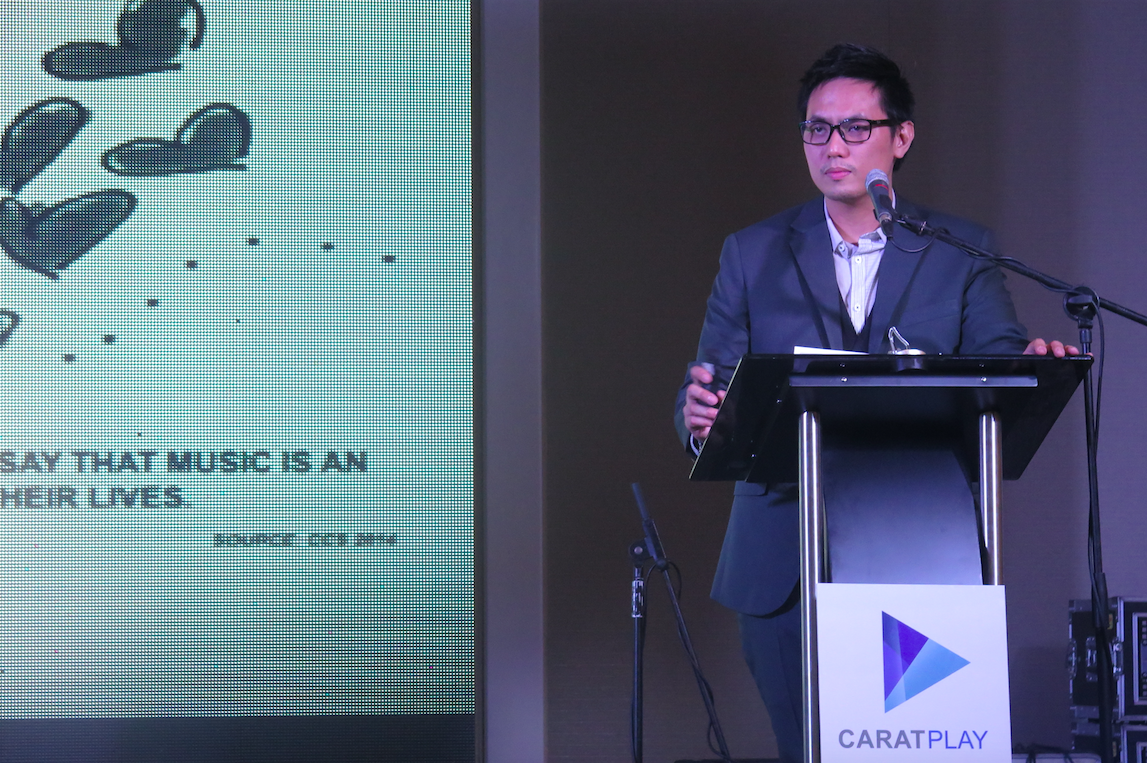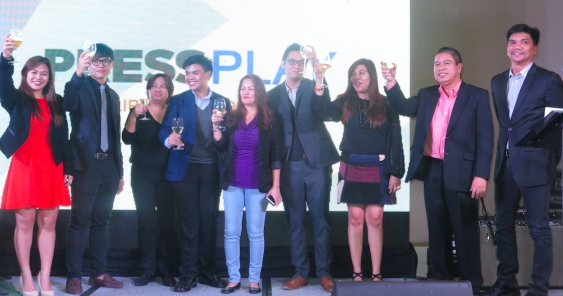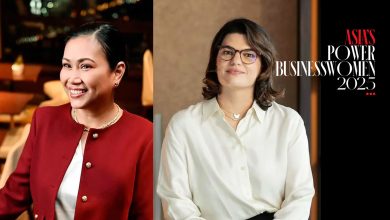MANILA – Carat, the media arm of the Dentsu Aegis Network (DAN), has official launched Carat Play, its new engagement marketing unit, which will be put to the test this 2016 by staging “Fusion: The Philippine Music Festival.”
Led by Francis Cruz, Carat Play has actually been around for the last three years, working under the radar as a bespoke team supporting Carat’s clients.
General Manager and COO of Carat Philippines Gladys Rondina-Basinillo said that Carat Play “was a natural progression” after seeing that Carat is rapidly gaining experience and the know-how in doing 360 marketing campaigns from conceptualization to execution.
A lean team of seven people handpicked within Carat, their past work were notable newsmakers. Among them are Tanduay’s Rhum Rock Fest, First Five and Polarity, Confluence: MSAP 2nd Media Congress, Puso To The Max campaign, Tang Mindanao’s launch, Oreo’s partnership with TSAMU (Tumbler Summer Amazing Meet Up), among others.
“Media agencies are no longer limited to planning and executing media strategies, but we are also more in tune with what the client needs for their creative, advertising, and below-the-line requirements,” Basinillo said.
“As a media agency, it is our responsibility to stay ahead of the curve, evolve with the times to respond to these changing needs with precision and intuition.”
Backed up by DAN, Carat Play aims to be a “one stop communications shop” with sports, lifestyle and music as it core strengths. Its creed is “content with context” and offers creatives, event management services, content creation, talent sourcing, social media, promotions, licensing, brand properties, PR and corporate events.
All eyes are now on Carat Play to repeat the success it had with inaugural Fusion 2015, a Carat-led music festival that solely celebrates Original Pinoy Music (OPM). It generated media values worth P135 million, attended by 35,000 people at the SM MOA Concert Grounds.
Sharing with adobo, Rondina-Basinillo is expecting that Fusion 2016 will draw in a whooping 80,000 people.
An agency doing a music festival?

“Carat Philippines is all about redefining media. We are in a good position to do this too. First, because nobody has done it before. Second, because we are bold enough to do so,” Rondina-Basinillo said.
True to its roots, Cruz (pictured) said that access to massive amounts of data allows Carat Play not just to strategize but also to be more creative.
“Clients are now getting more interested with media agency because they put the numbers into the creative work. If a creative agency’s ideas come from insights from one or two people, we get ours from 3,000 individuals.”
Cruz is referring to Carat’s Consumer Connection System, a proprietary media and marketing survey with a sample size of over 3000 people – billed to be larger than the database currently used by research giants Nielsen and Kantar Media.
For Cruz, that also means being able to cull out messages and pursue projects that do social good. After doing a number of media stints, he saw that each agency use roughly the same technologies and have, unfortunately, rendered the media planning discipline as “mechanical”
“I can do a whole media plan with just one click, nowadays. I am encouraging everyone in my industry, even new graduates, to think creatively… create a culture of creativity”
“We are beyond just you a TVC or report ROI. We can be more effective if you’ll just let the data do the magic,” he adds.









